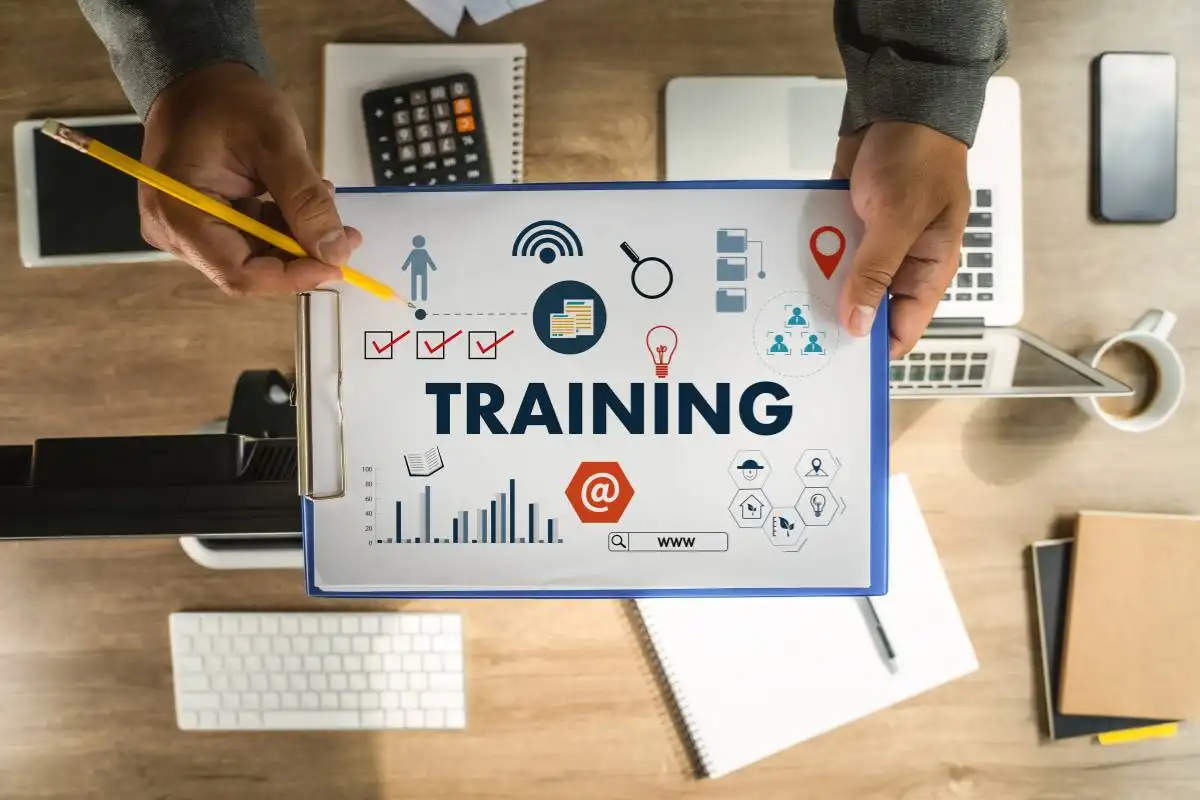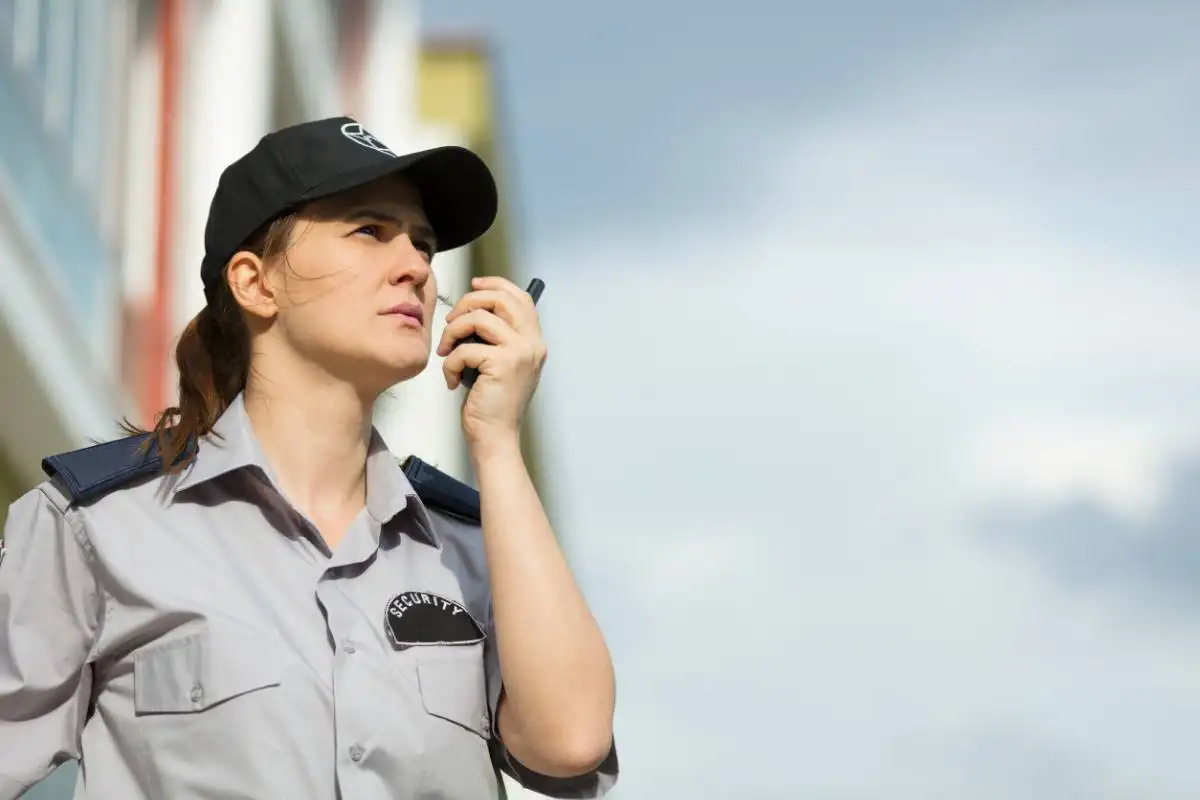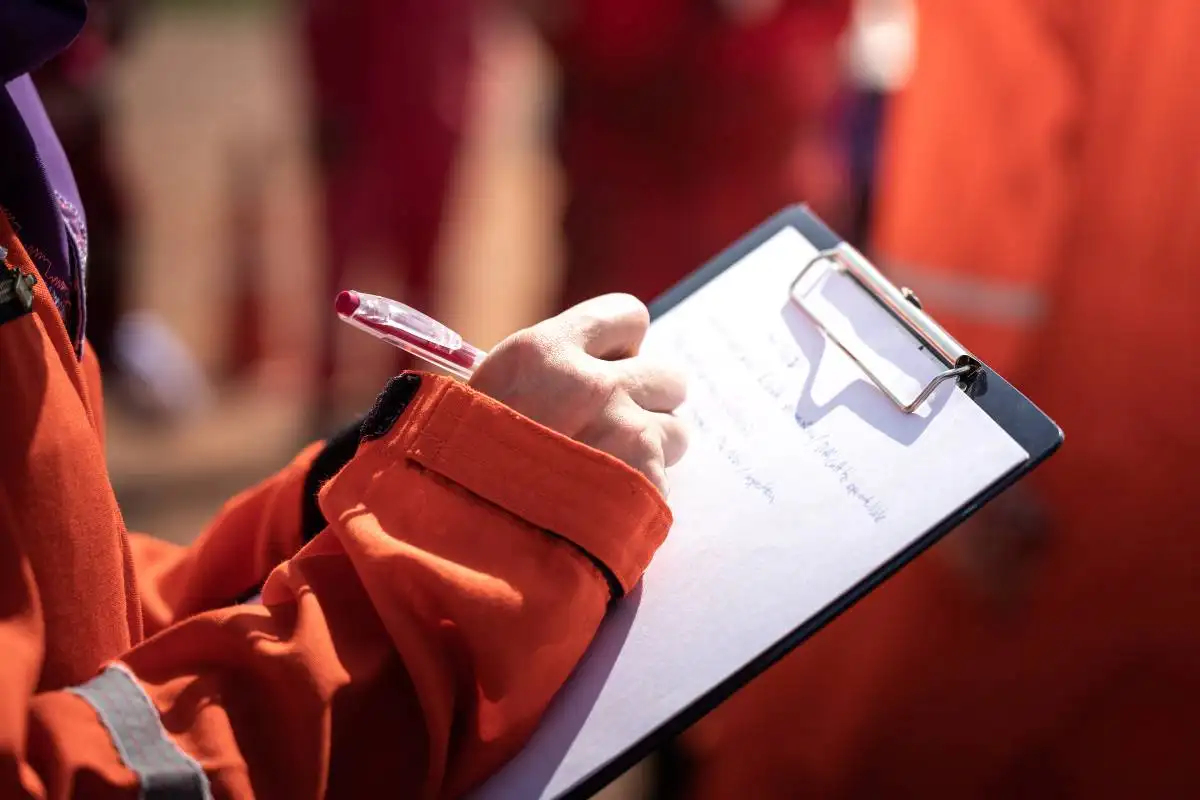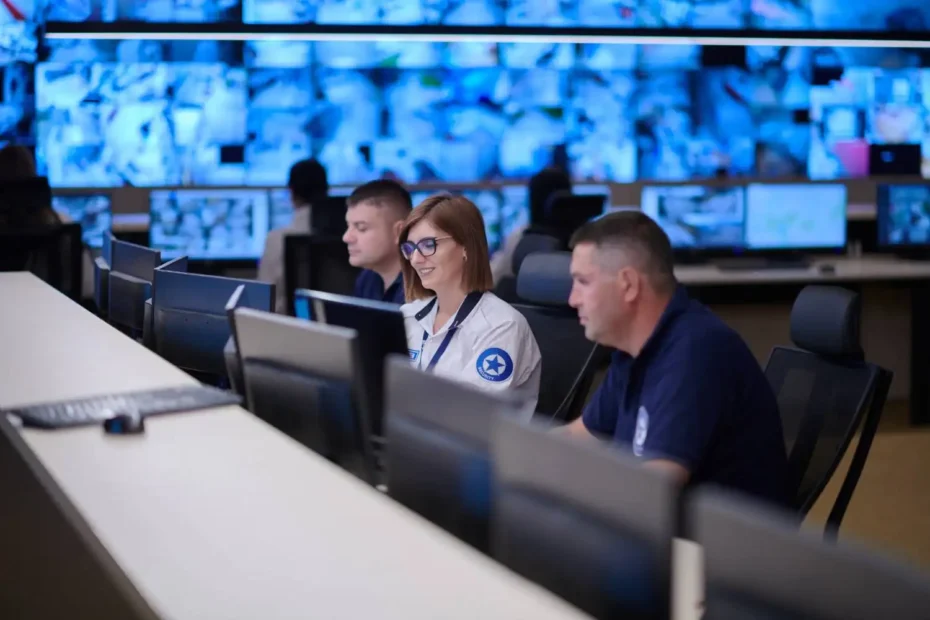Security guard operations must comply with various regulations and standards to ensure the safety of employees, property, and data. Compliance with occupational health and safety standards is not only a legal obligation but also a moral one. The Occupational Safety and Health Act of 1970 (OSH Act) mandates that all employers provide their employees with a workplace free from recognized hazards likely to cause death or serious physical harm. Employers must comply with hazard-specific standards and have a general duty to provide a safe workplace. Noncompliance can lead to penalties and other sanctions.
Roles and Responsibilities
Security guards play a vital role in ensuring the safety of premises and individuals by patrolling, monitoring surveillance systems, and responding to incidents. The presence of security guards serves as a deterrent to crime, provides assistance to guests and employees, enforces rules, and helps maintain order and legal compliance. Employers must ensure that their security personnel are properly trained and equipped to perform their duties safely and efficiently. Security guards must also be aware of their own limitations and the limitations of the equipment they use.
Risk Assessment Procedures
Risk assessments are a critical component of safety compliance in security guard operations. Employers must identify potential hazards and take steps to mitigate them. Risk assessments involve identifying hazards, assessing the likelihood and severity of harm, and implementing control measures to reduce the risk of harm. Employers must also monitor and review the effectiveness of their control measures and make changes as necessary. Risk assessments should be conducted regularly and whenever there are changes to the workplace or work practices.
Operational Security Protocols
Security guards must be prepared to respond to incidents that may occur at their assigned locations. They should have a clear understanding of the procedures to follow in case of an emergency, such as a fire, natural disaster, or security breach. The incident response plan should be documented and communicated to all personnel involved in the security operations. It should also be reviewed and updated regularly to ensure its effectiveness.
Patrolling Techniques
One of the most important safety protocols for security guards is conducting routine patrols. During these patrols, guards inspect the premises to ensure that everything is in order. They check for any signs of unauthorized access, damage to property, or suspicious activity. Routine patrols help to deter criminal activity and ensure that any incidents are detected and responded to promptly. Guards should be trained in effective patrolling techniques, such as varying their routes and schedules to prevent predictability.
Surveillance Systems Usage
Surveillance systems can be an effective tool for enhancing security operations. Security guards should be trained in the proper use of surveillance equipment, such as CCTV cameras and monitoring systems. They should be able to identify potential security risks and respond accordingly. It is important to ensure that the surveillance systems are maintained and functioning properly to ensure their effectiveness. Guards should also be trained in the proper handling of sensitive information obtained through surveillance systems to ensure compliance with privacy laws and regulations.
Training and Development

Security guard training and development are essential components of safety compliance in security guard operations. Effective training and development programs ensure that security guards possess the necessary knowledge, skills, and competencies to perform their duties effectively and efficiently. The following subsections highlight the different types of training and development programs that security guard companies should consider implementing.
Initial Security Training
Initial security training is the first step in preparing security guards for their roles. This training covers basic security concepts, policies, and procedures, as well as legal and ethical issues related to security operations. Security guard companies should provide comprehensive initial training programs that cover a range of topics, including:
- Basic security concepts and principles
- Emergency response procedures
- Access control and surveillance techniques
- Communication skills and conflict resolution
- Legal and ethical issues related to security operations
Ongoing Professional Development
Ongoing professional development is critical for security guards to maintain their knowledge and skills. Security guard companies should provide regular training opportunities to ensure that security guards stay up-to-date with the latest security trends, technologies, and best practices. Some examples of ongoing professional development programs include:
- In-house training sessions on new security technologies or procedures
- Attendance at industry conferences and seminars
- Online training courses on security-related topics
Specialized Compliance Training
Specialized compliance training is necessary for security guards who work in industries that require specific compliance standards. For example, security guards who work in healthcare facilities must comply with HIPAA regulations, while those who work in the financial sector must comply with FINRA regulations. Security guard companies should provide specialized compliance training to ensure that their security guards understand and comply with these regulations.
Emergency Preparedness

Security guards play a critical role in ensuring the safety of people and property in a variety of settings. Emergency preparedness is an essential aspect of security operations that must be taken seriously to ensure that guards are equipped to handle unexpected situations. Here are some key areas of emergency preparedness that security guards should be familiar with:
First Aid and CPR
Security guards should be trained in basic first aid techniques, including CPR, wound management, and using automated external defibrillators (AEDs). In the event of a medical emergency, security guards should call for professional medical assistance promptly. Guards should also be able to identify signs of distress and respond appropriately to stabilize the situation until medical personnel arrive.
Evacuation Procedures
In the event of an emergency, security guards may need to help evacuate people from the premises. Guards should be familiar with evacuation procedures and be able to direct people to safety quickly and efficiently. This may involve using emergency exits, stairwells, or other designated evacuation routes. Guards should also be aware of any special needs of the people they are responsible for evacuating, such as the elderly or disabled.
Disaster Response
Security guards may be called upon to respond to a wide range of disasters, including natural disasters, fires, and acts of terrorism. Guards should be familiar with the emergency response plan for the facility they are working in and be able to follow it without hesitation. This may involve coordinating with local emergency personnel, communicating with other guards or staff members, or taking other appropriate actions to minimize the impact of the disaster.
Reporting and Documentation

Security guards are responsible for maintaining a safe and secure environment in the areas they are assigned to. Reporting and documentation are essential components of security guard operations that help ensure compliance with safety regulations and provide a record of incidents and activities that occur during a security guard’s shift.
Incident Reporting
Incident reporting is the process of documenting any event that occurs during a security guard’s shift that requires attention or action. It is an important part of security guard operations as it helps identify potential hazards, assess risk, and take corrective action to prevent future incidents. Security guards should report any incidents immediately and accurately to ensure that the appropriate response is taken.
Incident reports should include the date, time, location, and a detailed description of the incident. Security guards should be objective and factual in their reporting, avoiding opinions or assumptions. They should also include any witness statements, photos, or other evidence that may be relevant to the incident.
Daily Logs and Records
Daily logs and records are documents that security guards use to record their activities during their shift. These logs and records provide a record of the security guard’s activities and can be used to verify compliance with safety regulations. Daily logs and records should include the time, location, and a brief description of the activity.
Security guards should keep their daily logs and records accurate and up-to-date. They should also ensure that they are legible and easy to read. Daily logs and records should be kept in a secure location and made available to authorized personnel when required.
Legal Documentation Standards
Security guards must comply with legal documentation standards when reporting and documenting incidents and activities. Legal documentation standards include requirements for accuracy, completeness, and objectivity. Security guards should ensure that their documentation meets these standards to avoid legal issues.
Documentation should be clear, concise, and easy to understand. Security guards should avoid using jargon or technical terms that may be difficult for others to understand. They should also ensure that their documentation is free of errors, omissions, and inconsistencies.
Equipment and Technology

Security Hardware
Security guards rely on various equipment to perform their duties effectively. The equipment used by security guards ranges from basic items such as flashlights and radios to more advanced tools such as metal detectors, CCTV cameras, and access control systems. Security hardware is essential in ensuring that security guards can detect and respond to threats promptly.
Software for Compliance Tracking
Compliance tracking software is a useful tool for security guard operations. This software helps security guards ensure that they are following safety protocols and compliance regulations. Compliance tracking software can also help security guards keep track of their training and certification requirements. This software can alert security guards when their certifications are about to expire, ensuring that they remain compliant with regulations.
Maintenance and Inspection Schedules
Security equipment requires regular maintenance and inspection to ensure that it is in good working condition. Security guards should have a schedule for inspecting and maintaining their equipment regularly. This schedule should include daily, weekly, monthly, and yearly maintenance tasks. By following a maintenance and inspection schedule, security guards can ensure that their equipment is always in good working condition and ready to use when needed.
- 5 Apartment Security Guard Duties For A Secure Community - October 21, 2024
- How to Hire a 24-Hour Security Guard Service for Your Home - October 21, 2024
- Communication Tips for Security Guards in Emergencies - October 20, 2024

